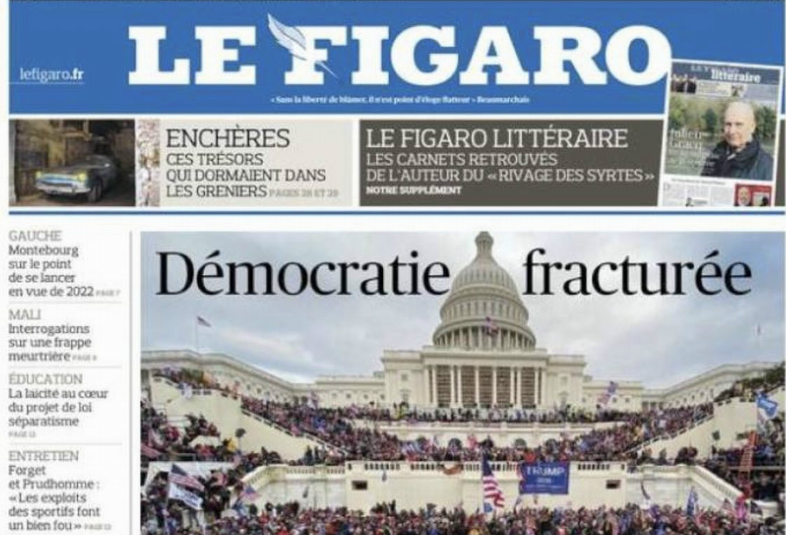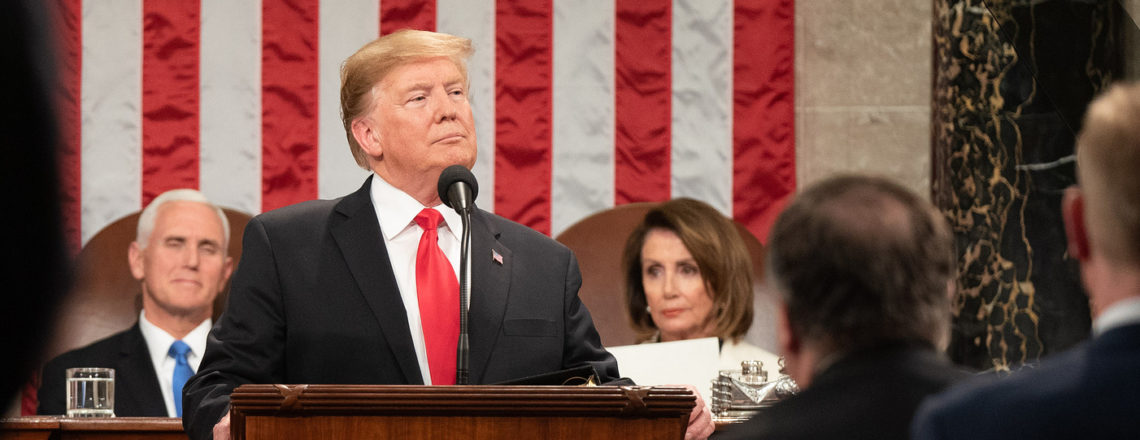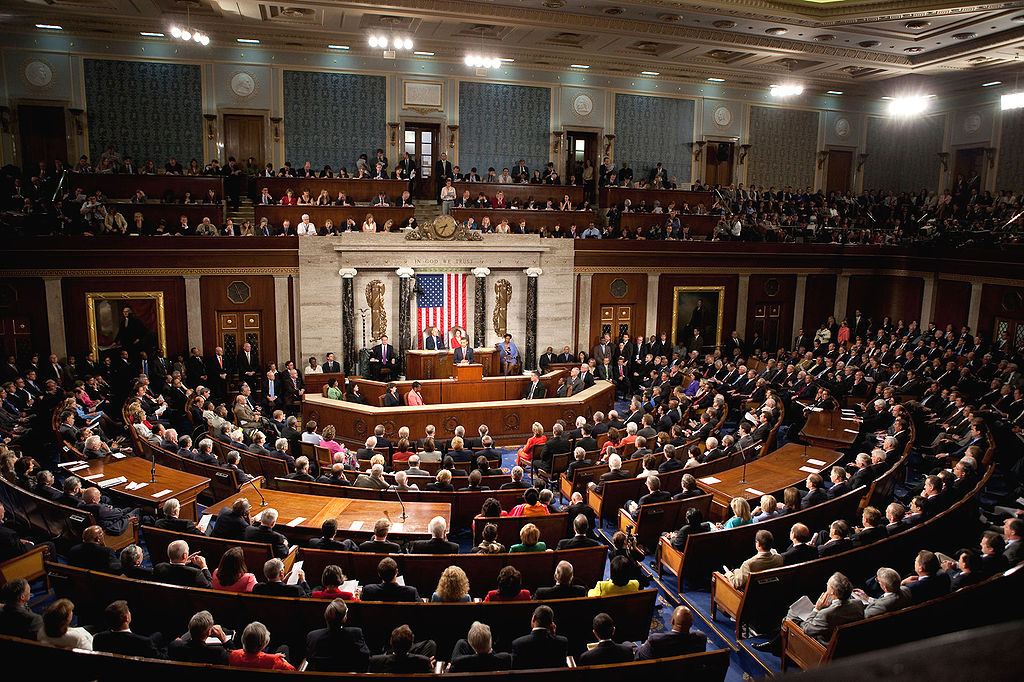Zhang Yun, Professor, School of International Relations, Nanjing University
Dec 09, 2021
Global leadership requires genuine followers, not propaganda. Abstract lectures on democracy don’t much interest the majority of developing countries around the globe. Democracy should aim to solve real problems not serve as pretty wrapping paper for political struggles.
Leonardo Dinic, Expert in Geopolitics and International Business, the Future of Work, and Emerging Technologies
Dec 08, 2021
The White House plans to host a Summit for Democracy in early December - but will the global convention produce tangible actions, or is it a spectacle of diplomacy showcasing Washington’s clout?

Zhao Minghao, Professor, Institute of International Studies at Fudan University, and China Forum Expert
Dec 07, 2021
The United States will be under the microscope this month as the international community takes a hard look at democracy. While the Biden administration is hoping to assert moral authority, America’s troubled outcomes and geopolitical motives will be on full display.
Brian Wong, Assistant Professor in Philosophy and Fellow at Centre on Contemporary China and the World, HKU and Rhodes Scholar
Apr 29, 2021
The current onslaught of racist attacks against Asian Americans in the United States is rooted in politics, both contemporary and historical, and is inextricably linked to the worsening geopolitical relations between the two largest powers in the world.
Su Jingxiang, Fellow, China Institutes for Contemporary International Relations
Feb 24, 2021
America’s position as the world’s most powerful country is often credited to its democratic political system. However, when looking at historical trends, the U.S. may just be the latest in a string of empires whose dominance begets political turmoil at the top.
Joseph S. Nye, Professor, Harvard University
Aug 13, 2020
Since 2017, America’s National Security Strategy has focused on great power competition, and today much of Washington is busy portraying our relationship with China as a new cold war. Obviously, great power competition remains a crucial aspect of foreign policy, but we must not let it obscure the growing transnational security threats that technology is putting on the agenda.
Tian Feilong, Associate Professor, the Law School of Beihang University
Apr 03, 2019
Trump’s national emergency declaration is an attempt to break what Francis Fukuyama calls a “vetocracy”: a degraded democracy where elites have lost all consensus. This clash exposes the rift between Republican believers in American nationalism and Democratic supporters of universal human rights — but it will do nothing to solve underlying issues brought by inequitable globalization.

He Yafei, Former Vice Minister of Foreign Affairs
Feb 18, 2019
Socialism with Chinese characteristics is becoming increasingly popular.

Sun Chenghao, Fellow, Center for International Security and Strategy of Tsinghua University; Munich Young Leader 2025
Feb 15, 2019
Trump’s address revealed both domestic and international challenges.

Tao Wenzhao, Honorary Member of the Chinese Academy of Social Sciences; Fellow, CASS Institute of American Studies
Nov 26, 2018
How will a Democrat-controlled House affect U.S. policy?
Back to Top

- China-US Focus builds trust and understanding between the U.S. and China through open dialogue among thought leaders.
- Our Offerings
- Topics
- Videos
- Podcasts
- Columnists
- Research Reports
- Focus Digest
- Stay Connected
-
Thanks for signing up!
- Get the latest stories from China-US Focus weekly.